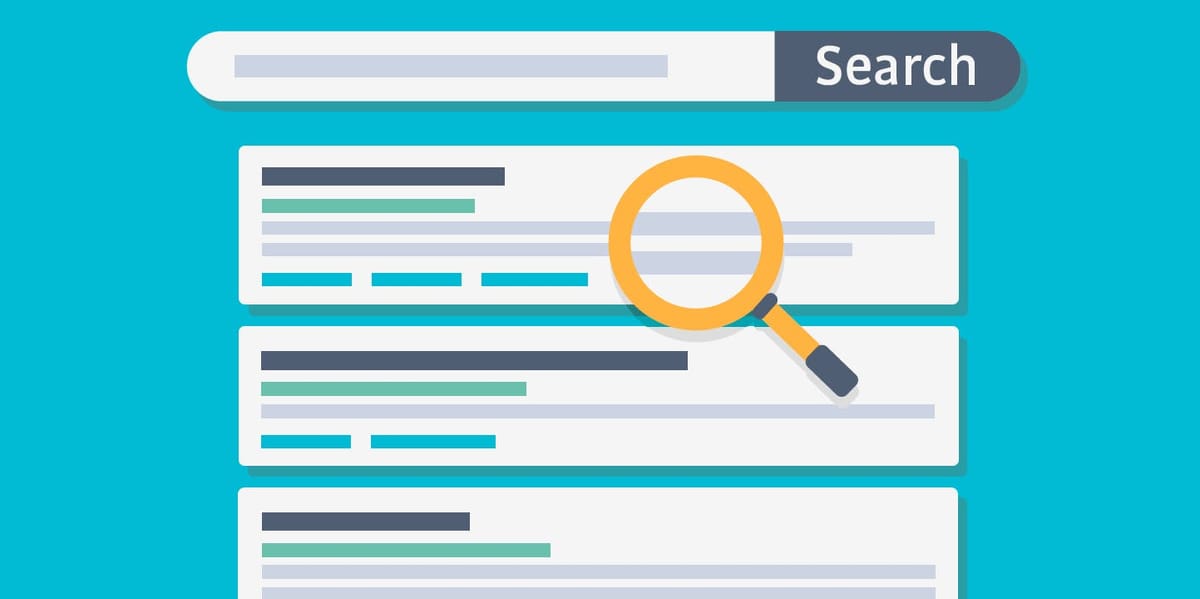Enhance Your Shopify SEO: A Guide to Add Meta Tag to Shopify
Craft compelling meta titles and descriptions to entice users and improve click-through rates.

Meta tags serve as gateways between your Shopify store and search engines like Google. They provide vital information about your web pages, helping search engines understand and categorize your content. Effective use of meta tags can significantly improve your store's visibility in search engine results, ultimately driving more traffic to your site.
Two primary types of meta tags are meta titles and meta descriptions. The meta title appears as the clickable headline in search engine results, while the meta description provides a brief summary of the page's content. Crafting compelling titles and descriptions can entice users to click through to your site, making them critical components of your SEO strategy.
Meta tags serve a dual purpose in SEO. Firstly, they communicate valuable information to search engines, helping them understand the relevance and context of your pages. Secondly, they influence how your site appears in search engine listings, affecting users' decisions to click through to your site. By mastering meta tags, you can optimize both aspects of your SEO strategy and drive more organic traffic to your Shopify store.
Understanding Meta Tags
Meta tags are like the signposts of the internet, guiding both users and search engines to navigate your Shopify store. Let's delve deeper into the intricacies of meta tags to understand their significance in the realm of SEO.
Meta title tag are snippets of HTML code that provide metadata about a web page. They don't appear on the page itself but convey important information to search engines and web browsers. Meta tags contain various elements, such as meta titles, meta descriptions, and other attributes, each serving a specific purpose in communicating information about your web pages.
Types of Meta Tags: Meta Title, Meta Description, and Others
The most common types of meta tags include:
- Meta Title: This tag defines the title of a web page and appears as the clickable headline in search engine results.
- Meta Description: This tag provides a brief summary of the page's content and appears below the meta title in search engine listings.
- Other Meta Tags: Additional meta tags may include meta keywords, meta robots, and meta viewport, each serving distinct functions related to SEO, indexing, and page rendering.
Understanding the different types and functions of meta tags is essential for optimizing your Shopify store's SEO strategy. Let's explore how to leverage these meta tags effectively in the next section.
Best Practices for Meta Tags
Writing meta descriptions requires creativity, strategic keyword usage, and an understanding of user intent. Let's explore best practices to enhance your Shopify store's visibility and attract organic traffic.
Keyword Research
Identify relevant keywords using tools like Google Keyword Planner or SEMrush. Focus on long-tail keywords with moderate search volume and low competition.
Well-Structured Descriptions
Provide concise yet informative summaries. Use clear language and include keywords naturally. Keep descriptions between 150-160 characters for optimal display.
Engaging Page Title
Create captivating titles that accurately reflect your content. Incorporate keywords for visibility and keep titles under 60 characters to avoid truncation.
Compelling Previews
Envision how your meta tags will appear in search listings. Craft a compelling preview that entices users to click through. Ensure consistency and relevance between title and description.
Consistency and Relevance
Maintain consistency in branding and messaging across meta tags. Regularly review and update tags to align with changes in content and offerings.
Following these best practices will enhance your Shopify store's visibility in search results, driving more organic traffic and boosting your online presence.
Implementation of Meta Tags in Shopify
Now that we understand the importance of meta tags and best practices for writing them, let's explore how to implement meta tags effectively in your Shopify store. Whether it's your homepage, collection pages, product pages, or blog posts, optimizing meta tags across your site is crucial for maximizing your SEO efforts.
Adding Meta Tags to Shopify Homepage
- Meta Title: Navigate to your Shopify admin dashboard and select "Online Store" > "Preferences." Enter your desired homepage title in the "Homepage title" field. Keep it concise and descriptive, incorporating relevant keywords to improve search engine visibility.
- Meta Description: In the same "Preferences" section, enter a compelling meta description in the "Homepage meta description" field. Provide a brief summary of your homepage content, emphasizing unique selling points and benefits to entice users to click through to your site.
Editing Website SEO for Collection and Product Pages
- Collection Pages: Navigate to "Products" > "Collections" in your Shopify admin dashboard. Click on the collection you wish to edit and scroll down to the "Search engine listing preview" section. Here, you can customize the meta title and description for the collection page, ensuring it accurately reflects the content and keywords relevant to that collection.
- Product Pages: Similarly, navigate to "Products" > "All products" and click on the product you want to edit. Scroll down to the "Search engine listing preview" section, where you can customize the meta title and description for the product page. Be sure to include relevant keywords and compelling messaging to attract potential customers.
Using Google Search Console to Monitor Meta Tag Performance
- Verification: Verify your Shopify store with Google Search Console to gain insights into how your site performs in Google's search results. Follow the instructions provided by Google to verify ownership of your site.
- Performance Monitoring: Once verified, you can access valuable data such as search queries, click-through rates, and average positions for your site's pages. Use this information to assess the effectiveness of your meta tags and make adjustments as needed to improve your site's SEO performance.
By implementing meta tags effectively in your Shopify store, you can enhance your site's visibility in search engine results and attract more organic traffic. Regularly monitor and update your meta tags to reflect changes in your site's content and offerings, ensuring continued optimization for improved SEO performance.
Utilizing SEOPro for Shopify Product Meta Description Optimization
SEOPro offers a comprehensive solution for optimizing the SEO of your Shopify product meta descriptions, ensuring that your products are effectively showcased in search engine results. Here's how SEOPro enhances your Shopify store's SEO by optimizing product meta descriptions:
- SEO Check for Meta Descriptions:
- SEOPro conducts a thorough SEO check for your Shopify product meta descriptions to ensure optimal performance.
- It verifies that your targeted keyword is included in your meta description, enhancing its relevance to search queries.
- SEOPro also checks that your meta description has an optimal number of characters, maximizing its visibility and impact in search engine results.
- Warning System for Optimization Opportunities:
- If your meta description does not meet the specified conditions, SEOPro provides warnings, highlighting areas for improvement.
- These warnings alert you to potential issues that may hinder your product's visibility and ranking on Google.
- Assistance in Meta Description Improvement:
- SEOPro offers guidance and recommendations to help you improve your Shopify product meta description.
- By addressing the identified issues, you can enhance the effectiveness of your meta description and increase your product's chances of ranking higher on Google.
- AI-Powered Meta Description Generation:
- SEOPro leverages AI trained on millions of meta descriptions to generate optimal meta descriptions automatically.
- This AI-powered feature saves time and effort by providing you with professionally crafted meta descriptions tailored to your products and target keywords.
By leveraging SEOPro's capabilities for Shopify product meta description optimization, you can enhance the SEO performance of your products, increase their visibility in search engine results, and drive more organic traffic to your Shopify store. Don't miss out on the opportunity to skyrocket your Shopify store's visibility and rankings on Google. Try SEOPro today and watch your organic traffic soar!





